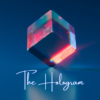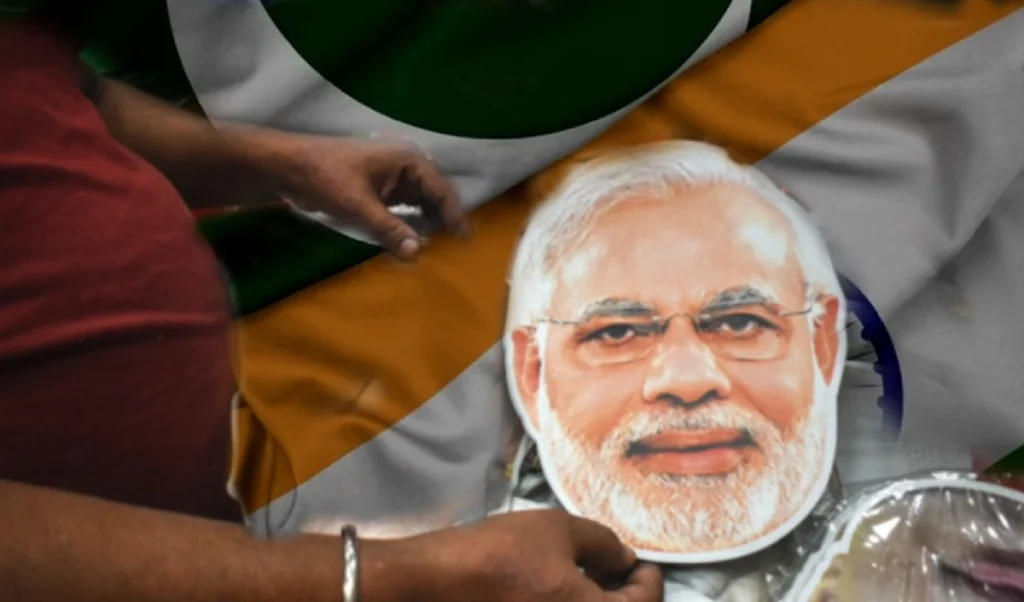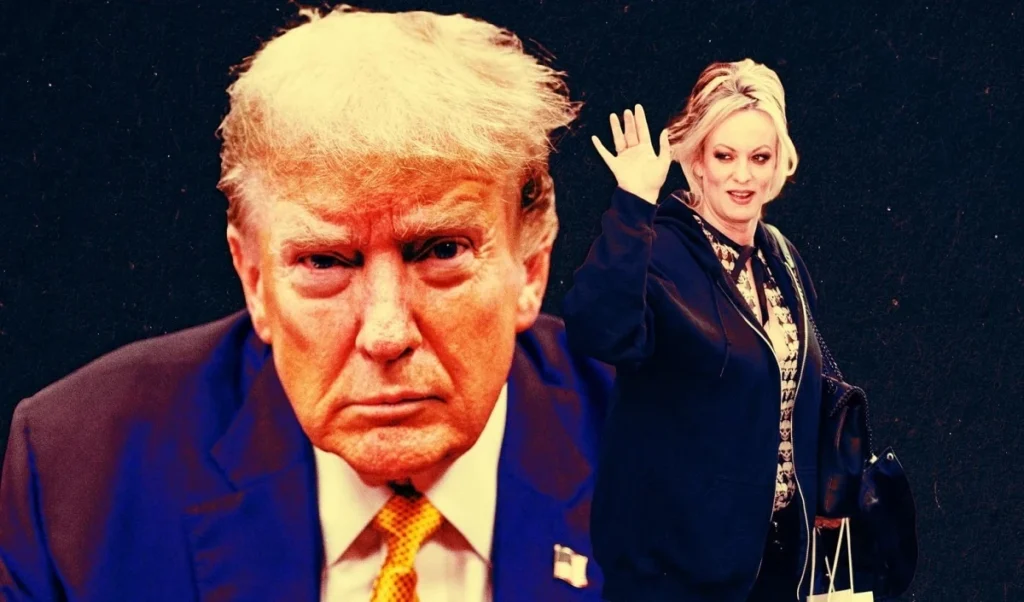South Africa’s recent election has resulted in a significant change. The African National Congress (ANC), which led the country out of apartheid in 1994, has failed to secure a majority in 30 years. Despite this, the ANC remains the largest party. However, with no party gaining a majority, South Africa’s political leaders are now engaged in coalition talks to form a government. This is a new experience for the country, given the ANC’s long-standing dominance. After last week’s election, there are four major political parties and at least eight have substantial vote shares, making the situation quite complex.
African National Congress’ worst performance
Once a disciple of Nelson Mandela, 71-year-old Ramaphosa has seen the worst election result in the history of the ANC. Ramaphosa is under pressure from his own party as well as voters, but on June 2, when an official described him as a “burned out” president, Ramaphosa laughed and said, “I am not burned out yet.” Ramaphosa’s challenge is to lead his party to a coalition he believes is best between the various factions within the ANC. The obvious choice is the main opposition Democratic Alliance. The DA has been a fierce critic of ANC policies for years and such a reconciliation will not be easy, even though both have said they are open to discussions.
Resolving differences and finding common ground
South African President Cyril Ramaphosa called on all political parties to set aside their differences and find common ground to form the country’s first national coalition government. Final election results in South Africa were announced on Sunday, showing no party had won a majority. Talks to form a coalition have since kicked off to find a way forward for Africa’s most advanced economy. Ramaphosa’s African National Congress (ANC) failed to cross the 50 per cent mark in Saturday’s vote count. The ANC had been in power for the past 30 years and had been enjoying a majority. The ANC received about 40 per cent of the vote in the final vote count last week.
John Steenhuizen’s Democratic Alliance
Steenhuizen, 48, is the main opposition leader as head of the DA and the only white leader among the four main parties. He said his party was starting talks with various parties except MK and the EFF. The DA has drawn a line there and said it would never work with either of them over ideological differences. Bringing together Steenhuisen’s DA and Ramaphosa’s ANC is widely seen by analysts as the most stable coalition option. Some have suggested other smaller parties could be brought in to form a broader coalition and weaken the ANC-DA mix.


